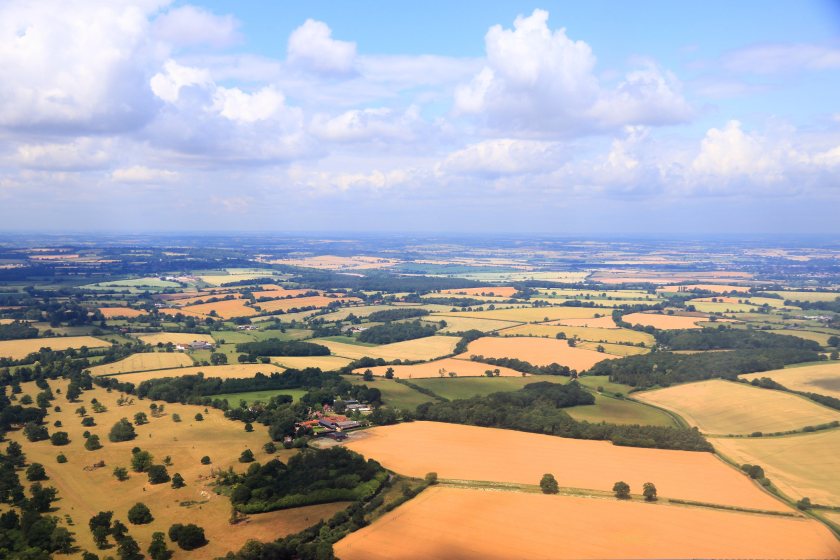Drought set to drag into 2026, NFU urges action to protect food production

Farmers are being urged to brace for another year of extreme dry conditions, as new analysis warns England could face widespread drought lasting well into 2026 unless the country sees unusually heavy and prolonged winter rainfall.
A new report from the Environment Agency highlights how precarious the situation has become, warning that parts of England are now entering one of the most water-stressed periods in decades.
The agency says that without exceptional recharge over winter, some regions could face drought conditions not seen since the severe multi-year shortages of the mid-1970s.
Director of Water at the Environment Agency, Helen Wakeham, said: “There will be a drought next year, unless we get sustained rainfall through the winter.
“The severity of that drought will depend both on the weather and the actions we take over winter following this very dry year.
“The public have been brilliant in using a little less water this summer and following the restrictions in some parts of the country. I would urge people to continue to be as efficient as possible with their water use this winter - even if it is raining outside.”
The prolonged lack of rainfall during 2025 led to a difficult harvest, with many growers reporting lower yields and weaker crop quality, intensifying financial pressures.
Livestock farmers also saw grass growth slump due to parched conditions, while water-reliant crops such as onions and potatoes struggled.
With farmers already planning next year’s cropping strategies, the NFU says flexibility, investment and communication will be essential to ensure businesses have access to the water they need to maintain production.
NFU vice-president Rachel Hallos, who hosted a multi-agency Water Summit on her farm in July, said this year’s dry spell had been “extremely challenging for many farmers and growers” and that the latest analysis confirms the industry must “fully prepare ourselves for more of the same heading into 2026 and beyond.”
She noted that while recent heavy rain — including the arrival of Storm Claudia — may look encouraging, it is unlikely to meaningfully reverse the underlying deficit.
Hallos said groundwater levels “are just not recovering, and many reservoirs are completely dry,” adding that short bursts of intense rainfall often run off baked soils rather than replenishing the deeper stores needed to stabilise water supplies.
Hallos said greater flexibility around abstraction would be a practical step, including temporary extensions to winter licences so reservoir owners can capture water if significant rainfall arrives later in the season.
The union also reaffirmed its support for Water Abstractor Groups, urging closer cooperation between abstractors, other sectors and the Environment Agency to strengthen resilience and better manage local risk.
She added that targeted tax incentives would help boost investment in on-farm storage and water infrastructure. The NFU wants enhancements to the Annual Investment Allowance, arguing the upcoming budget is a chance to support long-term planning: “We’ve written to the chancellor to outline this.”
The Environment Agency said it would keep working with farmers, water companies and other sectors to monitor conditions and support local water management, but warned that lasting resilience will depend on investment in infrastructure and behavioural change across all water users.
The NFU said communication remains essential. Hallos stressed that continued dialogue between government, agencies, councils, water companies and the supply chain is vital to building a joined-up approach that protects farm businesses, maintains access to clean water and supports national food security heading into 2026.








